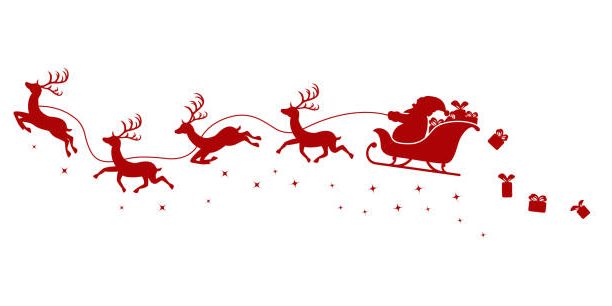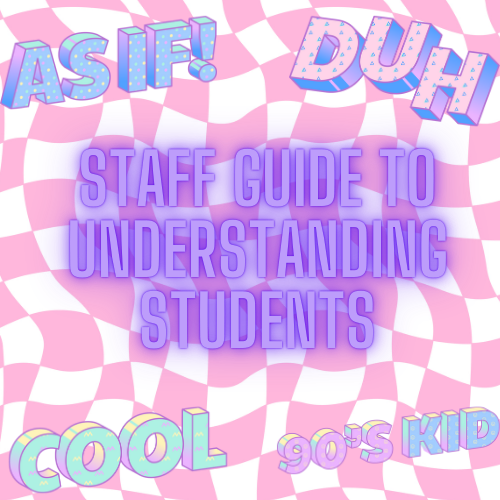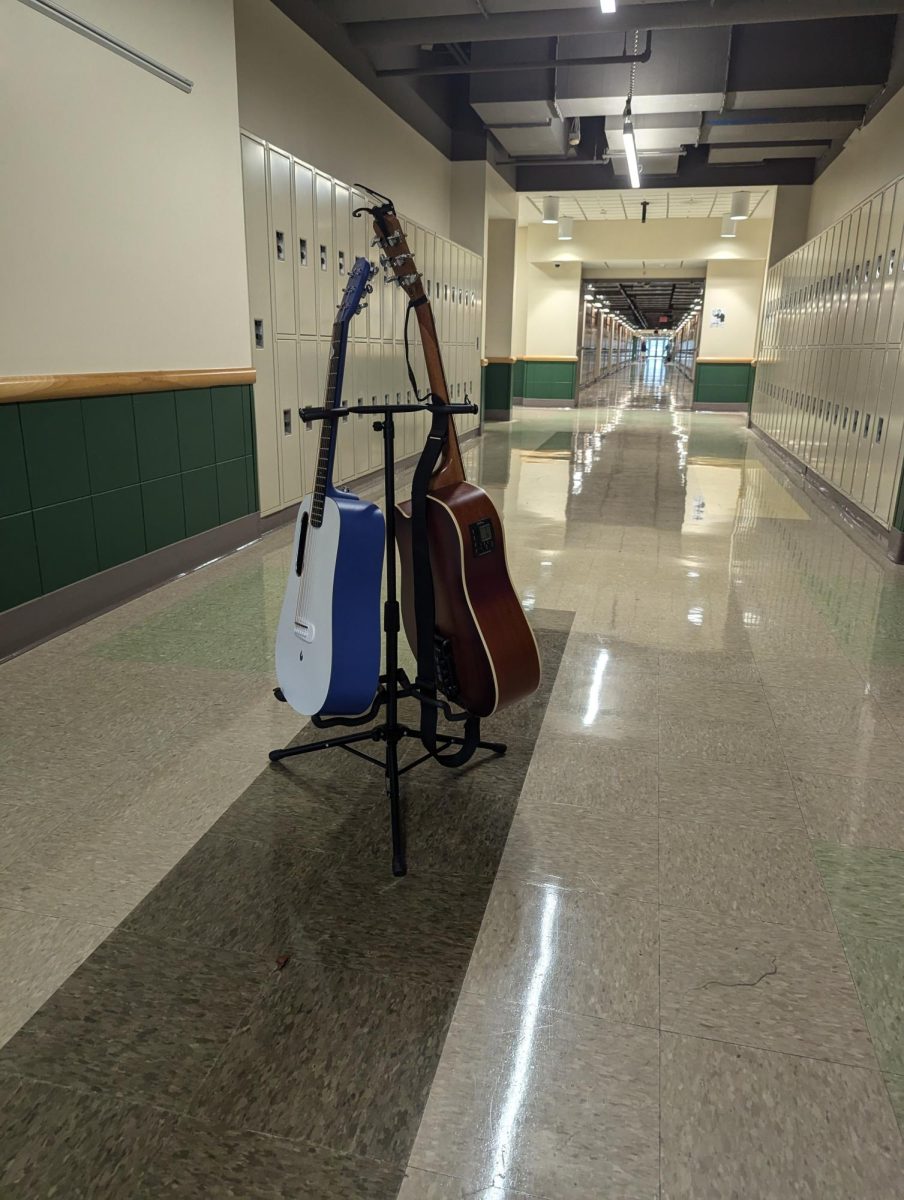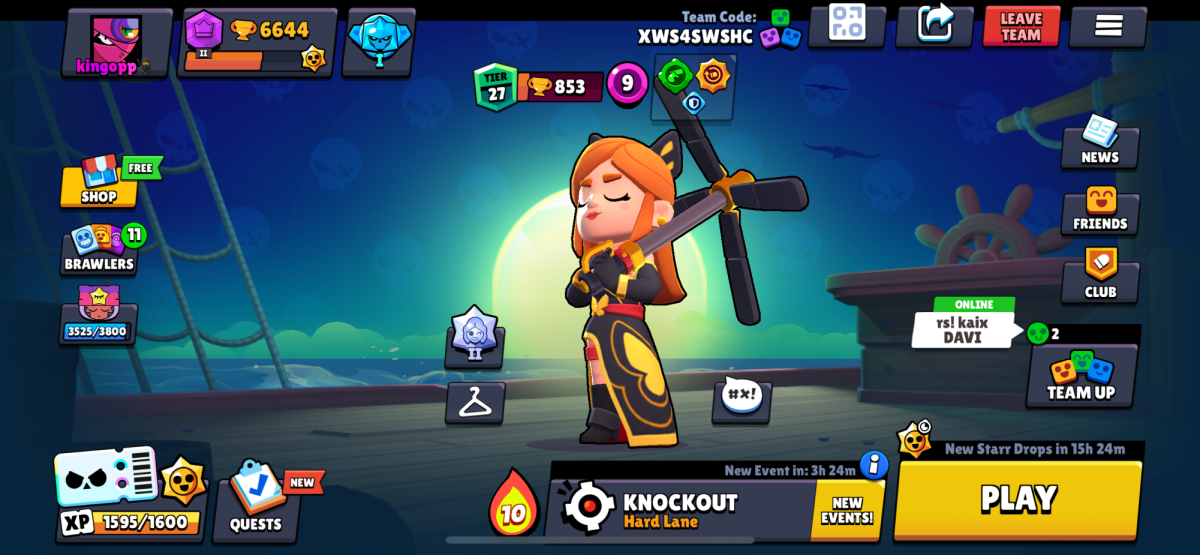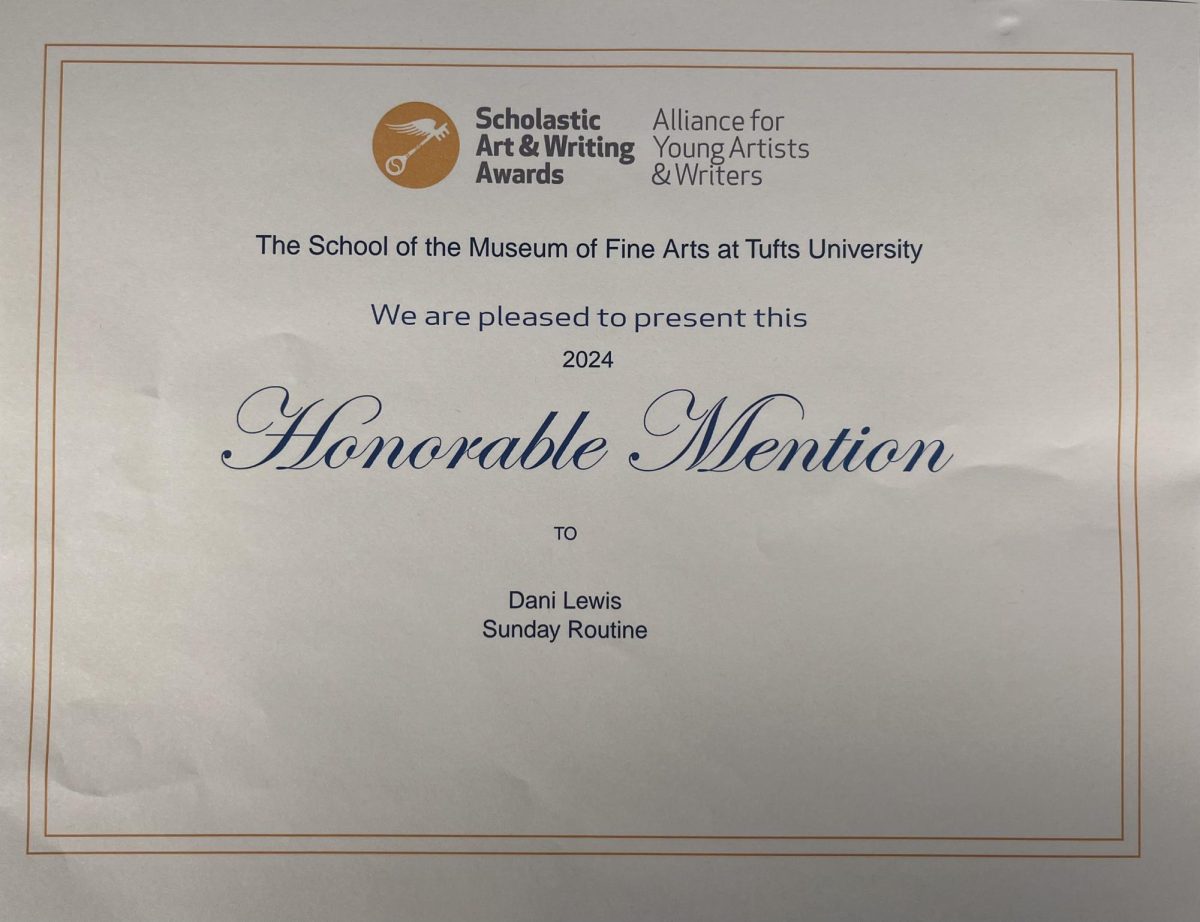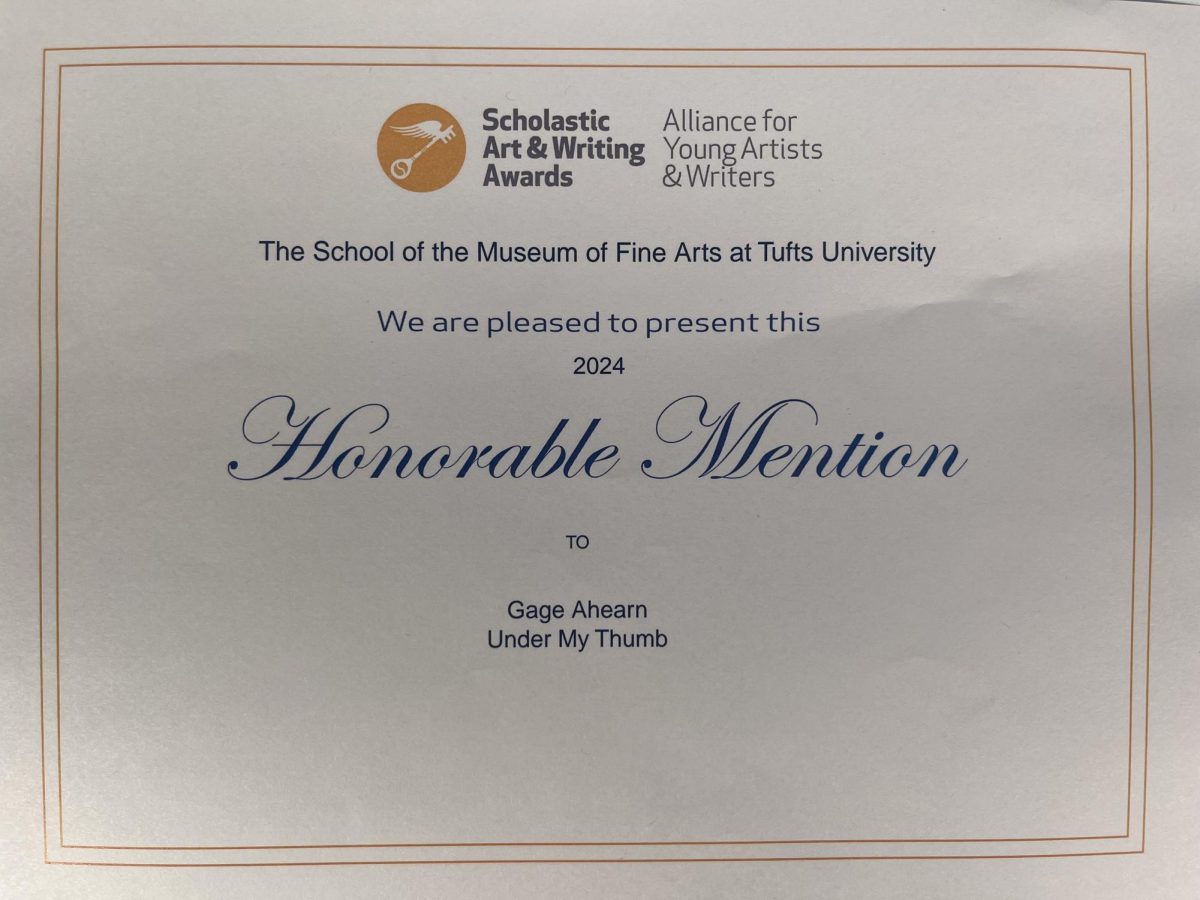Outside of the grading, parent emails, and lesson planning, much more goes into being a high school teacher. The biggest role is communication between teacher and student, but do teachers understand what we are saying?
“Do students think we teachers can’t make out what they are saying?” Mr. Daniel Dufour, Oakmont Science Teacher and class of 1999 graduate, asks. “Back in my day, we used sick and ill to replace your fire, and no doubt instead of bet,” Dufour replies. Perhaps there is more in common between Gen X teachers than Gen Z students thought. Sophomore student Mia Curtis responds to the previous question “No, for the most part. The older words like bro, totally, and fire the teachers probably have picked up on by now.”
Where does slang stem from?
Slang is a common language shared by age groups. For instance, Gen Z’s language stems from Social Media. Gen X according to Yahoo! News music and entertainment reinvented 90s slang.
To compare the two generations. The internet has influenced Gen Z. To take a closer dive into the origin of Gen Z Slang the world-famous app TikTok comes to mind. After researching I came across Highvisibility.com, in their article titled “Tiktok Slang: The Exclusive Language of Gen Z” which sparked my interest when mentioning the growth in TikTok users. “Research shows that 8 new users join TikTok every second, with an average of 650,000 new users joining daily. Our study shows that based on the seed list of slang, the number of terms ramped up between 2020 and 2022, in line with TikTok’s growth as a platform.” With the intensive peak in users between 2020 and 2022, the language grew the most in 2021 alone, leading to 15 new terms and phrases for teens.
The other generation, Gen X, was led by hip-hop music and movies. An example of movie influence from the Yahoo! News article is “As if,” which stems from the 1995 movie Clueless. Meanwhile, Fo’ Shizzle means for sure, and this stems from Snoop Dog.
Comparing and contrasting interchangeable slang
For those of you who may be reading this as a cheat code, this is your section. Believe it or not most of the words teens today are using mean the same as they did in the 90s. To find the most used slang today I asked fellow students to list their most used slang, and the same for teachers who attended high school in the 90s.
| GEN Z | GEN X |
| Bruh means “seriously” | Dude |
| Bet means “okay” or “let’s do it” | No doubt |
| What’s up is another way to say Hi | Yo |
| Fire means “awesome” | Sick or Ill or Phat |
| For sure means yes | Totally |
| “You’re eating” or “ You 4+4 = ATE” means you are killing it, our awesome job | Fresh or Dope |
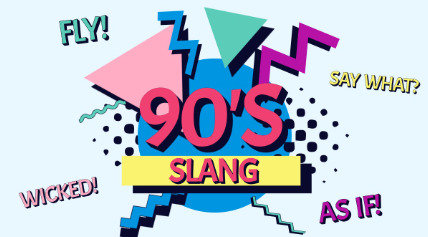
(90s slang photo)
Those were the most popular words listed when the poll was presented to students.
Should slang be allowed in educational spaces?
The website USA Today states “At least 78% of teachers surveyed said they should have the power to discipline students’ language in an education setting”. In the following sentence in USA Today’s article research, 2 in 5 teachers believe students should be allowed to exercise their First Amendment rights. To students, their slang is speaking another language so the teacher or administrators hopefully won’t understand. When asked about slang in her classroom, Oakmont English Teacher Jennifer Perkins-Cote finds the happy medium. “As long as my students aren’t using slurs, I don’t see an issue with it.” The Oxford Dictionary defines a slur as, “An insinuation or allegation about someone likely to insult them or damage their reputation.” The most known “slurs” used by teenagers are used against the LGBTQ+ community, Special Education students, and Racial/ ethnic minorities. Mrs.Cote is not the only teacher concerned about “slurs” and misunderstandings, USA Today also claims that 54 percent of teachers agree.
Why is it important to know slang?
The English language for high school students is made up of their slang. It does not matter when or where they’ll speak whatever comes to mind. Knowing the words and phrases can help you better connect with your Gen Z student as a teacher, parent, friend, or anyone. The closer connection will assist communication, build a stronger relationship, and relate to them.
Tips and tricks to use slang: The following steps were guided by the AffluentEnglish.com research team. The article headline is English Slang: What It Is And How To Use It?
Start with basic words and phrases: It’s ideal to start with standard slang words and expressions that are typically used. This will help you get comfortable with slang and build your vocabulary. You can begin with a beginner’s English speaking course with the words “amazing,” “awesome,” “dude,” “dope,” “cool,” and “lit,” which are frequently used in English slang.
- Learn the context: Slang is used in particular contexts, so it is extremely important to comprehend the context. For example, the slang word “lit” can suggest exciting or enjoyable, but it’s typically used in the context of an event or occasion.
- Listen and observe: The best way to learn and use slang is to listen to teens and how they use it. This will help you understand the correct context, pronunciation, and use of different slang words and expressions. You can also use social media to learn new words in your everyday discussion.
- Please keep it simple: When you’re first beginning to discover slang, it’s ideal to stay with common and also simple phrases that are easy to understand. As you come to be a lot more comfortable with slang, you can slowly add more complex and nuanced expressions to your vocabulary.
- Don’t overuse slang: When practicing to be extra fluent it is very important not to overdo it. Using excessive slang can be confusing or make you appear unprofessional in official setups.
This helps Gen X educators trying to understand Gen Z students. Peace out bruh!

